Marriage on EMIs?
There’s a man and a woman. They once fell in love. Now, they fall into bed exhausted from 14-hour workdays, united only by a shared Google calendar, a 20-year home loan, and a bedtime fight over the electricity bill.
This is not the beginning of a tragic novel. It’s the ordinary story of middle-class marriages everywhere — the dream of “happily ever after” collateralized into monthly EMIs, mortgage stress, and the slow erosion of intimacy.
Love, Locked in Instalments in Marriage
Across cities and countries, couples are not breaking up because they don’t love each other — but because they can’t afford to feel anything anymore.
From the home loan to the car EMI, from school fees to credit cards, marriage today often resembles a never-ending invoice with a love story as its invoice header. The entire structure seems less like a romance and more like an Excel sheet of unpaid dues.
The tragedy? They didn’t sign up for marriage.
They signed up for an institution powered by debt and bound by expectations.
The Silent Death of Passion in Marriage
By the time a couple reaches their 40s, their biggest shared activity isn’t sex, laughter, or leisure — it’s strategizing the next loan restructuring. If they have children, their lives are dedicated to feeding a machine that neither thanks them nor nourishes them emotionally.
Eventually, even their weekends — supposedly for togetherness — turn into maintenance runs: plumbing, grocery stocking, parent-teacher meetings.
Love becomes logistics.
Affection becomes efficiency.
And desire? That’s a distant echo behind tax-saving mutual funds and water purifier subscriptions.
The Senior Mirage: EMI-Free, But Emotionally Bankrupt
For those who’ve crossed the finish line — the 55+ crowd with fully paid homes and grown-up kids — the promised land of peace and freedom is often plagued by illness, loneliness, and reflection on a life barely lived.
Yes, they now own a house. But do they own themselves anymore?
The Marriage Myth is Breaking — Quietly
More and more young people are rejecting the idea of monogamous, long-haul marriage — not out of rebellion, but out of exhaustion.
They’ve seen their parents’ love wither beneath the weight of bills.
They’ve witnessed sexless marriages disguised as successful partnerships.
They don’t want to own love like a piece of furniture — they want to experience it. Temporarily. Honestly. Plurally.
Love Needs a New Logic
We’re living in a world no longer ruled by agriculture or industrial capitalism. Economies are digital. Cultures are plural. Genders are fluid. Intimacies are diverse.
Yet we remain trapped in a model of marriage built on:
- Ownership instead of openness
- Property instead of partnership
- Sacrifice instead of sustainability
What if companionship didn’t have to mean co-ownership of real estate?
What if intimacy didn’t require legal contracts and joint liability?
What if we had shorter-term, renewable, meaningful relationships — like love sabbaticals, care contracts, emotional communes?
Marriage 2.0 — From EMIs to Emotional Dividends
In a post-marriage society:
- You don’t “own” your partner — you collaborate with them.
- You raise children in care pods, not nuclear bunkers.
- You express loyalty through rituals of choice, not fear of loss.
- You retire not into a quiet house, but into a love collective that still celebrates your presence.
Let’s stop confusing longevity with loyalty, or mortgage with maturity.
Final Thought: Debt Is Not Destiny
Love isn’t a loan.
Marriage isn’t a business model.
And emotional poverty is not a necessary condition for stability.
What we need is not just marriage reform — we need imagination reform.
Because maybe the saddest divorce of all isn’t between two people —
It’s between a society and its lost ability to dream new ways of loving

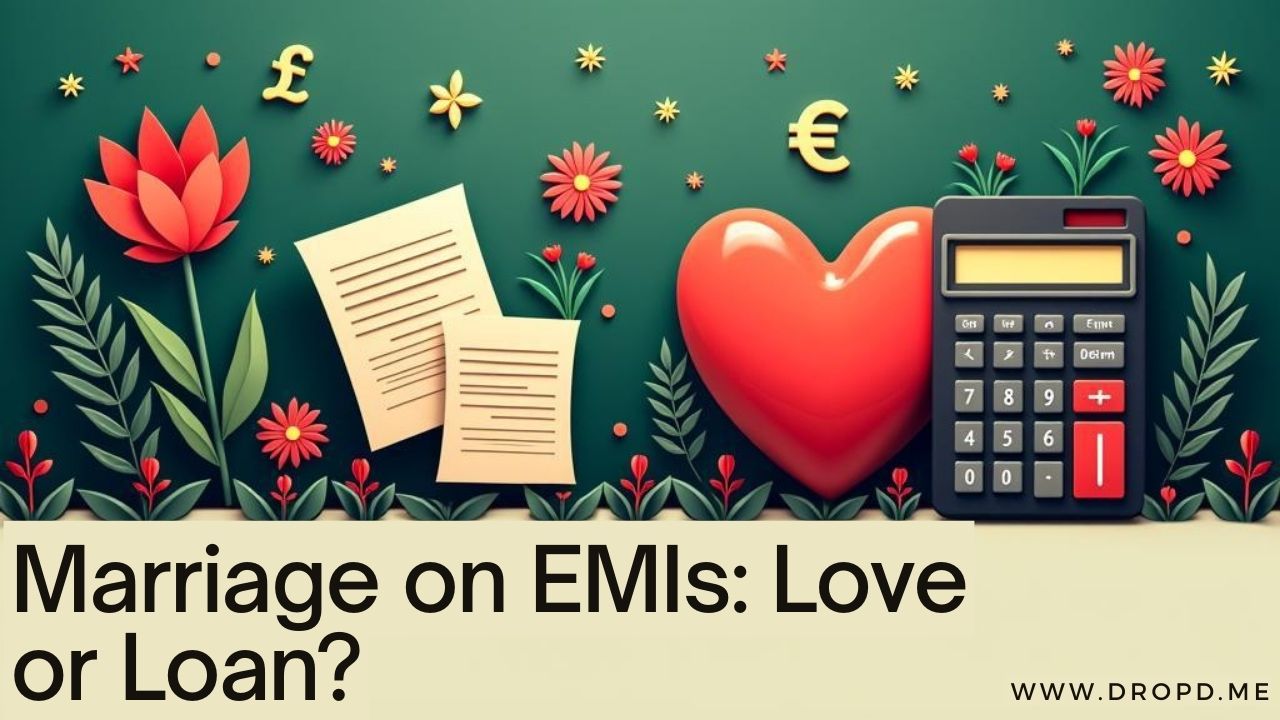
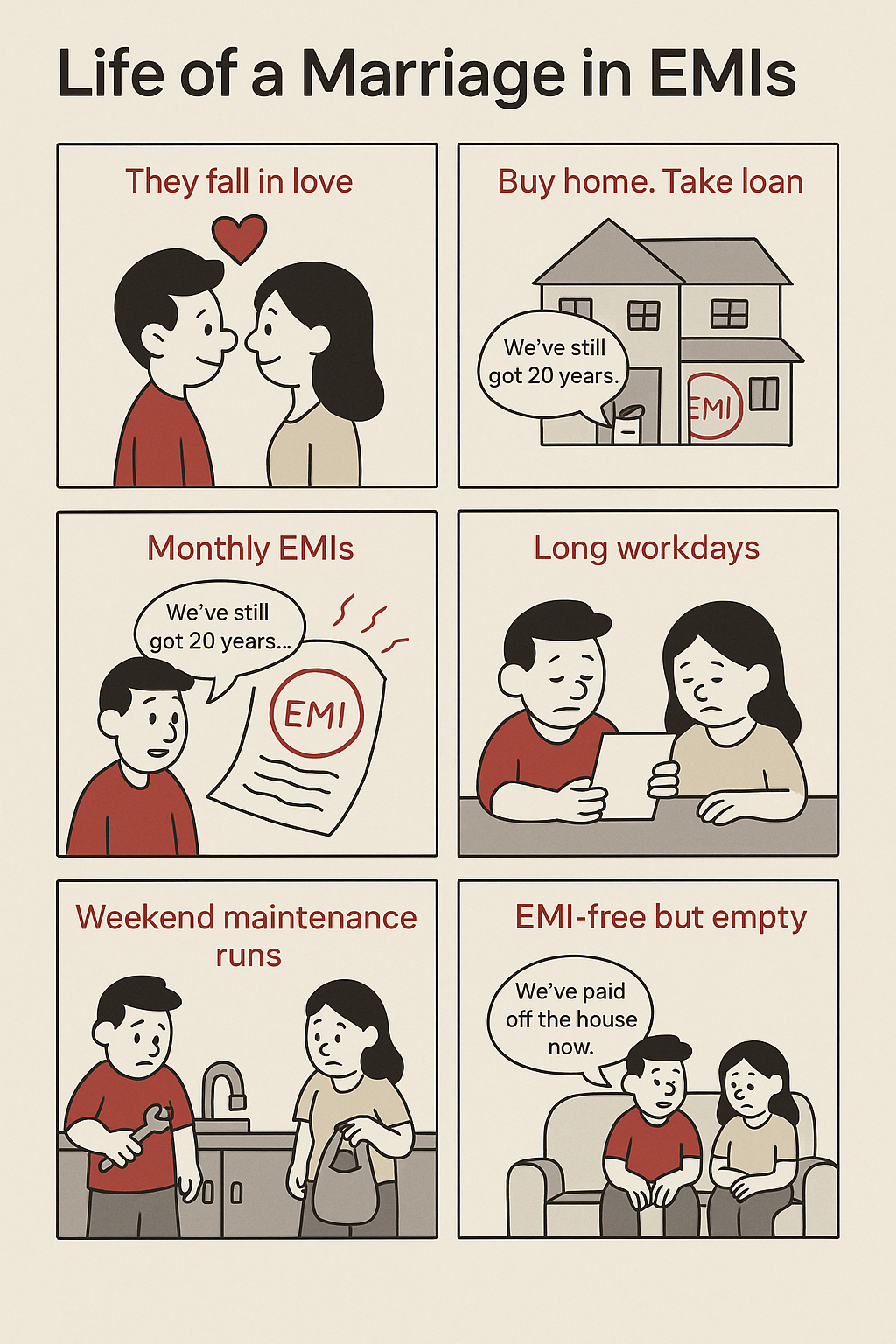
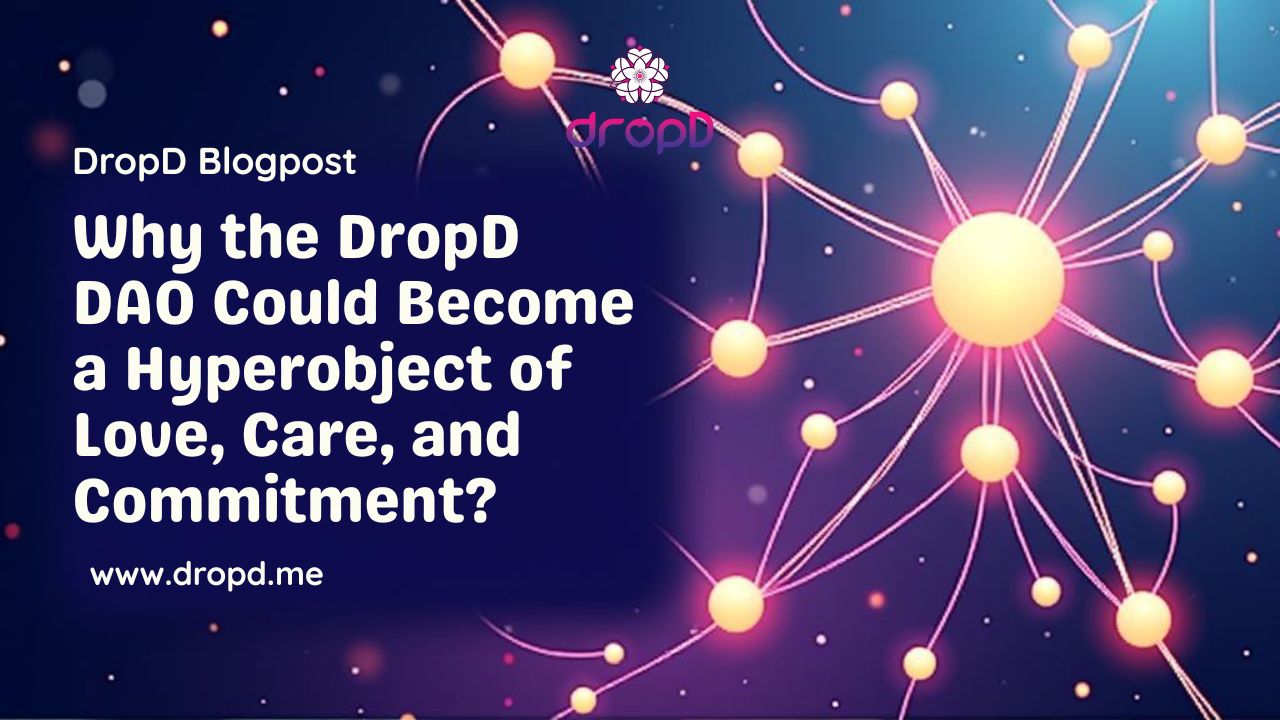
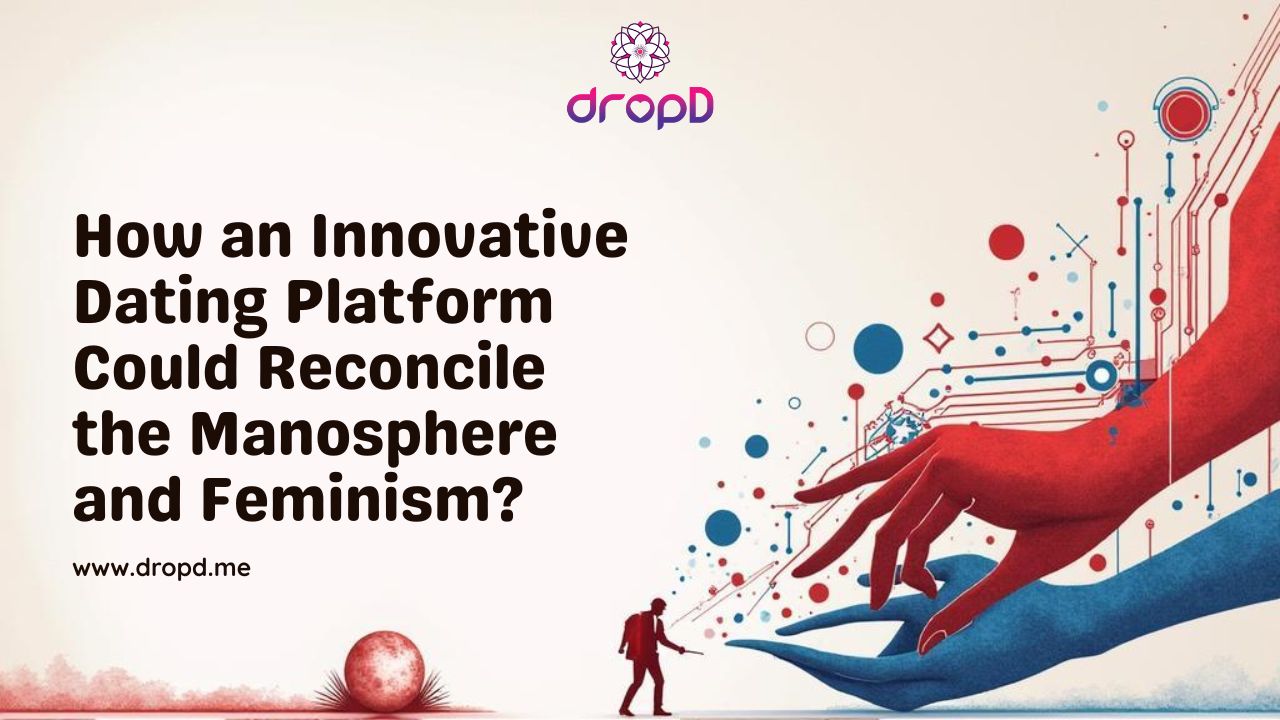
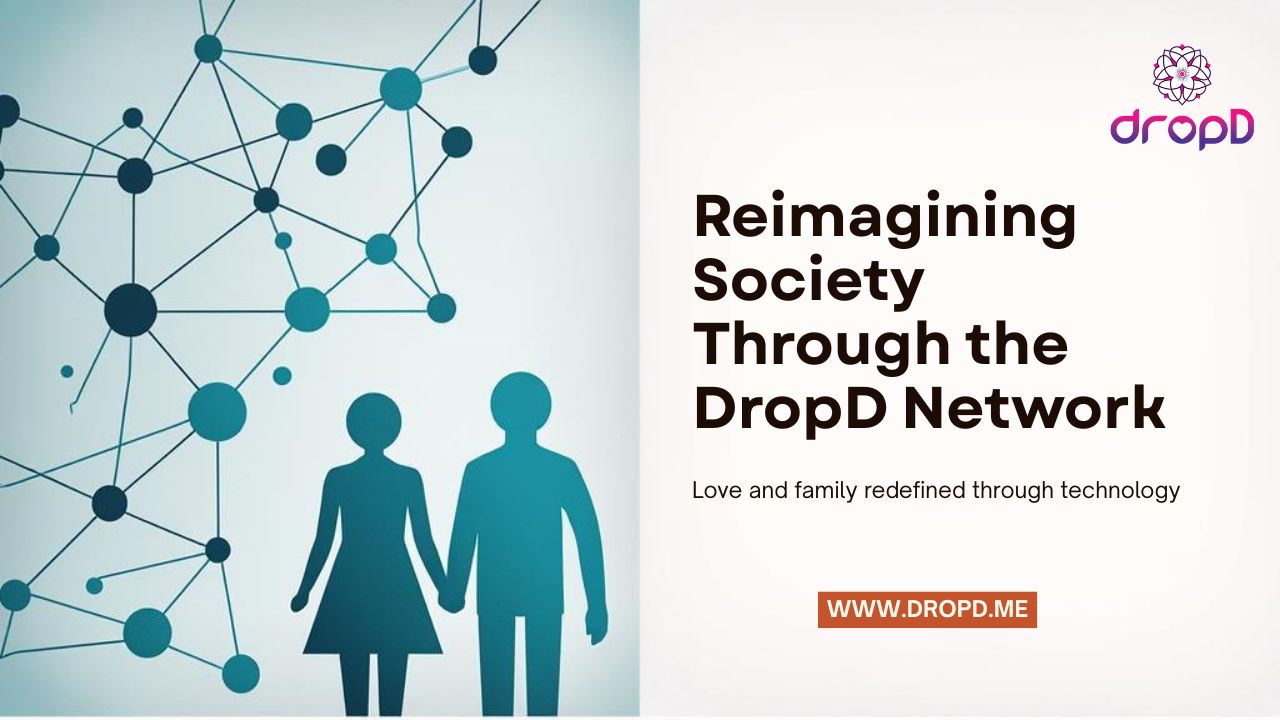

Leave A Comment